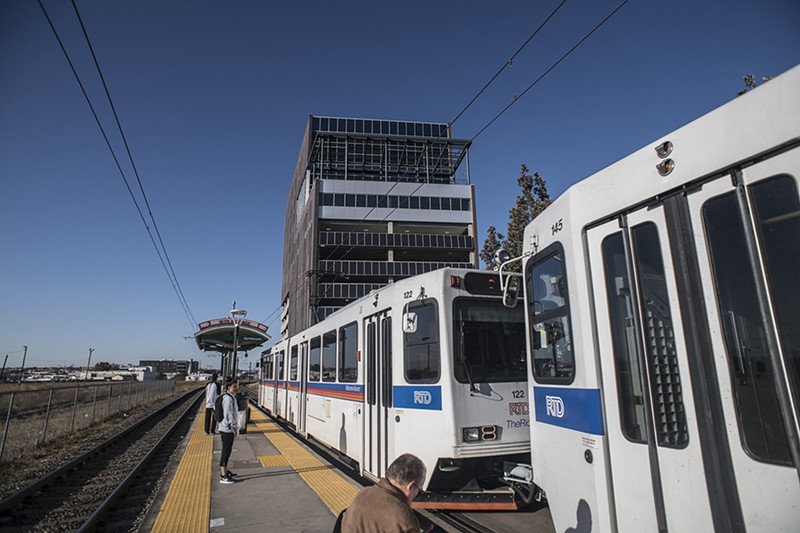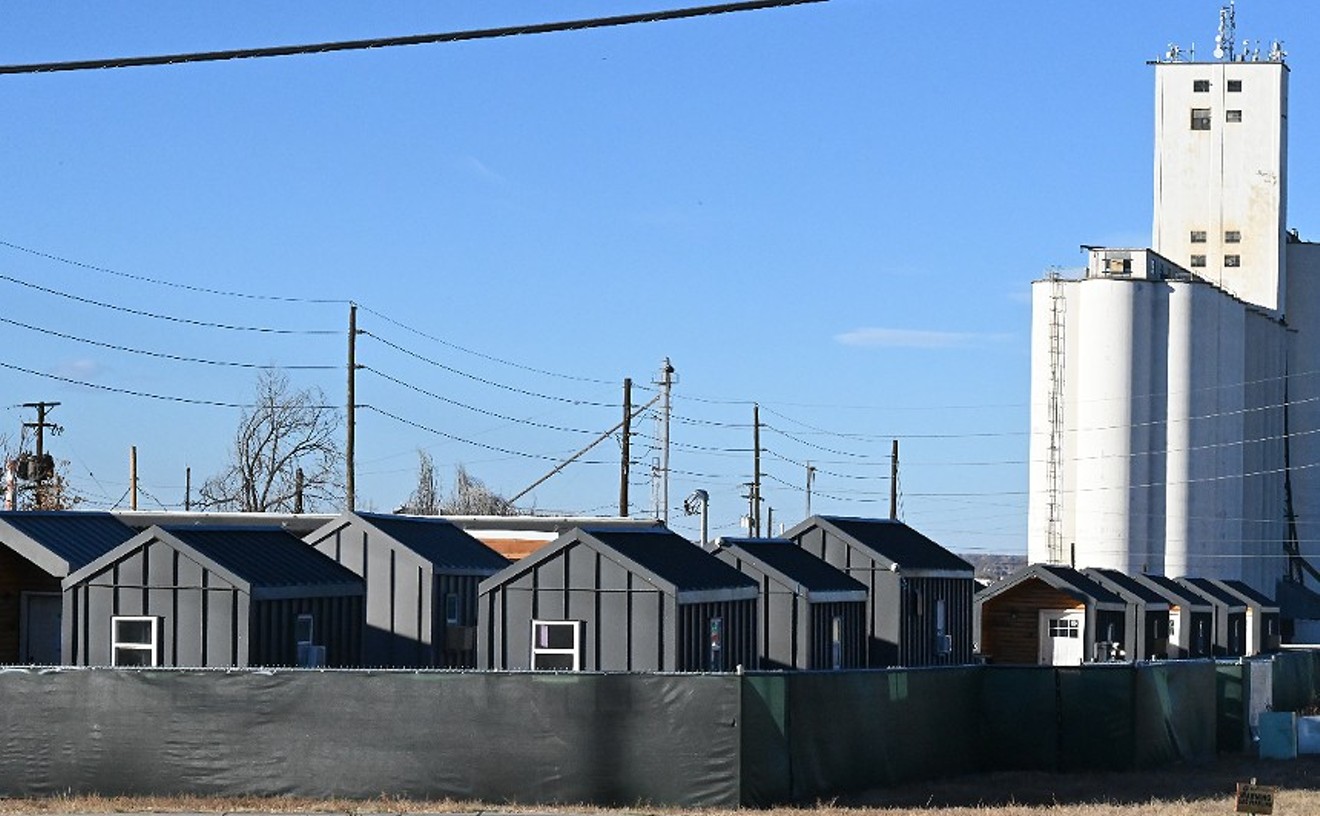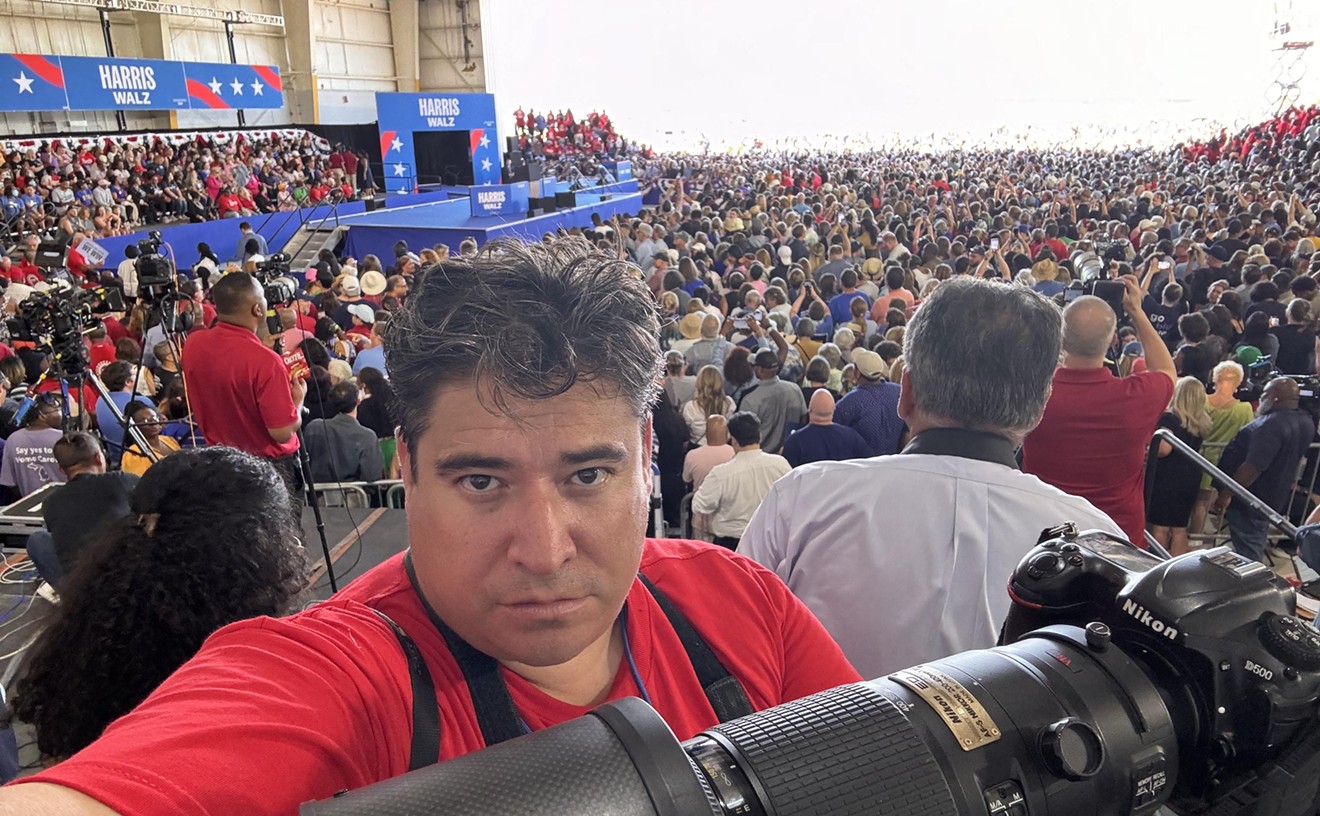The last state audit of RTD took place in 2021. Although RTD wasn’t due for another audit until 2026, state legislators asked the OSA to examine the transportation agency sooner than scheduled because of worries about a decline in ridership.
Auditors discovered that RTD hasn’t reported all legally required information about cost efficiency and that it failed to adequately plan for over $180 million in capital asset projects the RTD Board of Directors agreed to fund in 2024; in addition, RTD staff did not provide its board with enough information to form budgets, nor did it update the board about changes as often as it should have, according to the audit.
On the bright side, the audit found that RTD was in good financial standing as of 2022, the most recent full year for which data was available. Though RTD didn’t report on cost per rider as required by the legislature, the OSA was able to calculate that metric with and without accounting for depreciation, long-term planning costs and ADA services.
Without those expenses, RTD’s gross cost per rider increased greatly, from $7.23 in 2019 to $13.72 in 2020, when ridership was cut in half by the pandemic. The transit district still has only about 60 percent of pre-pandemic ridership, according to the audit, but is “slowly rebounding.”
In 2023, the gross cost per rider was $11.94. But when including long-term planning and ADA expenses, the cost per rider that year was $17.15, compared to $11.22 in 2019.
“In response to this analysis, RTD raised concerns that this year-over-year analysis does not capture changes that impact RTD’s operating costs — such as bringing a new rail line into service or increasing its employees’ salaries and wage,” the audit notes.
Auditors identified cities with transit systems similar to RTD's to discover how well the district has held up on cost per rider when compared with its peers.
“RTD is not doing so bad,” says Nina Frant, the audit manager with the OSA who worked on the RTD report. “RTD doesn't provide the cheapest cost per rider, but also, there's a lot of their peers that have a higher cost per rider.”
Compared to transit authorities in thirteen identified similar cities, such as Salt Lake City, Dallas and Seattle, RTD performed better than nine on cost per rider. The OSA recommended that RTD begin calculating its cost per rider as is required by the state, so people can understand more easily what their tax dollars are getting them.
“People without an in-depth understanding of transit operations or financing can understand what this figure is telling us,” the audit notes. “By RTD not reporting on the cost-per-rider metric, either as defined in statute or in any manner, RTD has not been providing information to the public on an easy-to-understand measure of the efficiency and effectiveness of RTD’s operations.”
The OSA also suggested that maintaining that metric in comparison with other agencies could help meet RTD’s goal of improving the public perception of its financial resources.
Although RTD passed all nine metrics of fiscal health that auditors tested on its 2022 numbers, the report expressed some concern about what the district’s 2024 and future budgets will look like after nearly $790 million that it received in COVID-relief funds was spent between 2020 and 2023. According to RTD, most of that money was spent on employee compensation, fuel and contracted services, which includes legal services, equipment and right of way maintenance services, advertising and marketing services, and security services.
“These funds helped [RTD] fill the revenue gap resulting from lower ridership during the pandemic, and RTD is expected to use $104 million of its reserves in Calendar Year 2024, due to a shortfall of revenues needed to cover expenditures planned within RTD’s 2024 budget,” the audit notes. “These challenges will be areas for RTD management, the Board, and policy makers to remain aware of in providing sound fiscal governance for RTD in the coming years.”
RTD Needs to Improve Tracking of its Capital Assets
Major safety upgrades and other updates to RTD’s rail system for the first time in thirty years will contribute to RTD’s costs in 2024. But according to the audit, the $150 million budgeted for rail updates does not match up with the agency’s Transit Asset Management Plan (TAMP), which is supposed to guide those decisions. The TAMP projected $21.4 million for construction in 2024, but the approved budget ended up at around $181.4 million. Additionally, auditors could only find about $4.8 million in the TAMP that corresponded with redoing downtown rail.
“RTD also told us that the full scope of the project was not included in the Transit Asset Management Plan because, while RTD had known that the entire downtown Denver rail loop needed replacement since 2015, management did not understand the timeframe needed to complete the work until 2023,” the audit says.
The report concluded that RTD needs to create a better system to track capital assets, as a lack of records about the downtown rail lines also led to the agency's underestimating a full replacement being needed so soon.
“RTD lacks a comprehensive inventory of assets and inventory policies to guide its prioritization of asset renewal,” the audit says. “RTD lacks both historical information about assets that would aid in anticipating the timing of their needed renewal or replacement, and sufficient granularity about some of its newer assets.”
The audit notes that because of the unforeseen change in spending, it is now “unclear” whether the TAMP’s projections through 2029 are accurate.
In an August 5 Legislative Audit Committee hearing where the RTD audit was discussed, RTD Board Chair Erik Davidson said the board knew it was approving high spending, but believed it necessary because of the safety risk degraded rail lines could cause.
“We certainly agree with the sentiment that those large expenses would not be fiscally sustainable, but this was an extraordinary situation,” Davidson said.
Doug McLeod, RTD’s CFO, added that the cost of the improvements will be spread out over several years, with some of the reconstruction not scheduled to begin until 2025. McLeod said RTD plans to use cash funding for state-of-good-repair projects rather than borrowing money as a way to take better care of taxpayer funds.
In 2020, Governor Jared Polis formed an RTD Accountability Committee that issued 43 recommendations for the transit agency to improve. The audit found that only 21 of those recommendations have been fully addressed at this point. The committee suggested that the recommendations could be completed within one year.
RTD’s new fare structure, updates to its website and other user-facing upgrades are recommendations it has implemented, according to the district. According to RTD, it is working on a study on the Northwest Rail as part of the recommendations. The audit suggested improvements at tracking progress on the rest of the committee's goals, which include the Bus Rapid Transit project, increasing low-emissions vehicles and improving the budgeting process.
Next summer, RTD will update the legislative audit committee about its progress on its recommendations. From there, the OSA will follow up annually to see if recommendations are being implemented.












